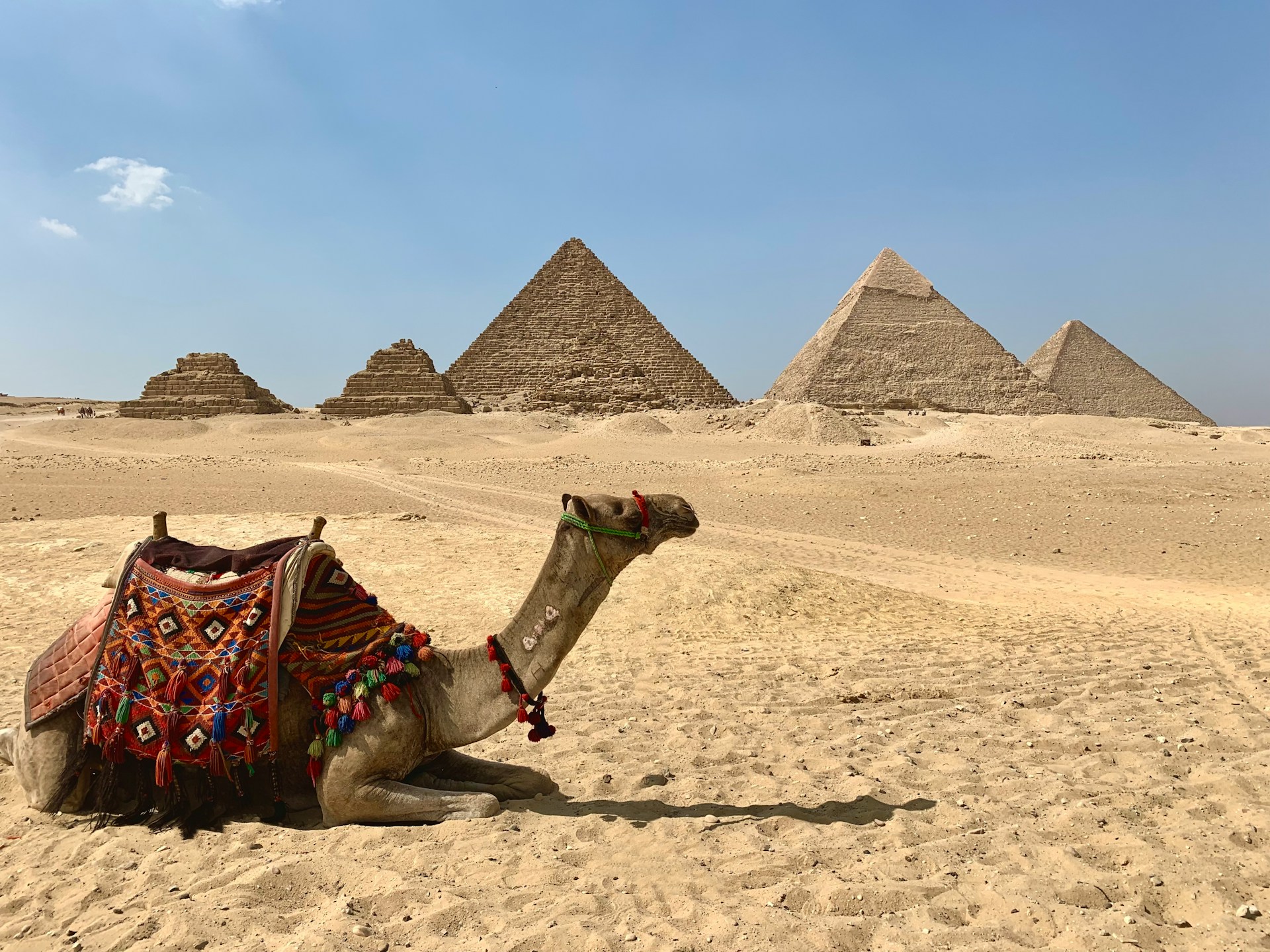From the ancient pharaohs to modern-day celebrations, whether rooted in Islamic, Christian, or ancient Egyptian practices, each festival and tradition reflects the values, beliefs, and communal spirit of the Egyptian people.


Post Introduction
From the ancient pharaohs to modern-day celebrations, whether rooted in Islamic, Christian, or ancient Egyptian practices, each festival and tradition reflects the values, beliefs, and communal spirit of the Egyptian people.
Post Content
Eid al-Fitr, celebrated at the conclusion of Ramadan, is a time of joy, feasting, and charity. Families gather to share meals, exchange gifts, and extend goodwill to those in need. The streets come alive with decorations, and the air is filled with the aroma of traditional sweets like kahk.
Eid al-Adha honors the willingness of Ibrahim (Abraham) to sacrifice his son in obedience to God. Egyptians observe this festival with communal prayers, the ritual sacrifice of animals, and the distribution of meat to the less fortunate.
Celebrated by Egypt's Coptic Christian community, Coptic Christmas on January 7 is a day of religious observance and family gatherings. Churches hold midnight masses, and families enjoy traditional dishes, reinforcing the bonds of faith and kinship.
🔹Get some information And Read About Abdeen Palace
Observed on July 23, Revolution Day marks the 1952 military coup that led to the establishment of the modern Egyptian republic. The day is celebrated with patriotic displays, speeches, and public festivities.
April 25 commemorates the final withdrawal of Israeli forces from the Sinai Peninsula in 1982. Egyptians celebrate with parades, cultural events, and reflections on national sovereignty.
🔹Get some information And Read About Cairo Tower
Sham El-Nessim, meaning "smelling the breeze," is a spring festival with origins in ancient Egypt. Celebrated on the Monday following Coptic Easter, families picnic in parks, enjoying traditional foods like salted fish, green onions, and lettuce.
Twice a year, in February and October, the sun illuminates the inner sanctum of the Abu Simbel temple, highlighting statues of Ramses II and the gods. This astronomical event draws visitors worldwide, celebrating ancient Egyptian architectural prowess. Know more about Luxor and Aswan trips to get the chance to see Abu Simbel Templet.
Egyptians are renowned for their hospitality, often inviting guests to share meals and conversations. This tradition, deeply ingrained in society, reflects the value placed on community and generosity.
This custom involves extending an invitation out of politeness, without the expectation of acceptance. Rooted in social etiquette, it exemplifies the nuances of Egyptian interpersonal relationships.
Egypt's holidays and traditions offer a profound insight into the nation's soul, blending ancient customs with contemporary practices. They foster unity, celebrate heritage, and provide a continuous link between the past and present. For those seeking to understand Egypt beyond its monuments, immersing oneself in these cultural expressions is both enlightening and enriching.
Q1: What are the major religious holidays in Egypt?
Major religious holidays include Eid al-Fitr, Eid al-Adha, and Coptic Christmas, each celebrated with unique customs and communal gatherings.
Q2: How is Sham El-Nessim celebrated?
Sham El-Nessim is celebrated with family picnics, traditional foods like salted fish, and outdoor activities, marking the arrival of spring. While at it, check Traditional Egyptian Dishes to know more.
Q3: What is the significance of the Abu Simbel Sun Festival?
The Abu Simbel Sun Festival celebrates the precise alignment of the sun with the temple's inner sanctum, showcasing ancient Egyptian architectural expertise.
Q4: How do Egyptians demonstrate hospitality?
Egyptians demonstrate hospitality by warmly welcoming guests, sharing meals, and engaging in meaningful conversations, reflecting deep-rooted cultural values.
Q5: What is Ozomet Marakbiya?
Ozomet Marakbiya is a social custom where invitations are extended out of politeness, without the expectation of acceptance, highlighting nuances in Egyptian etiquette.